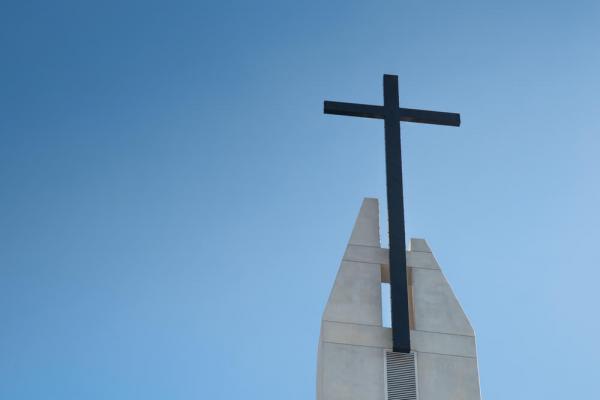Nov 21, 2016
First came the mayors of New York, Chicago, and Seattle declaring their cities “sanctuaries”, and saying they will protect undocumented immigrants from President-elect Donald Trump’s plan to deport them.
Then thousands of students, professors, alumni, and others at elite universities, including Harvard, Yale, and Brown, signed petitions, asking their schools to protect undocumented students from any executive order.
Now, religious congregations, including churches and synagogues, are declaring themselves “sanctuaries” for immigrants fleeing deportation.
Read the Full Article

Already a subscriber? Login
